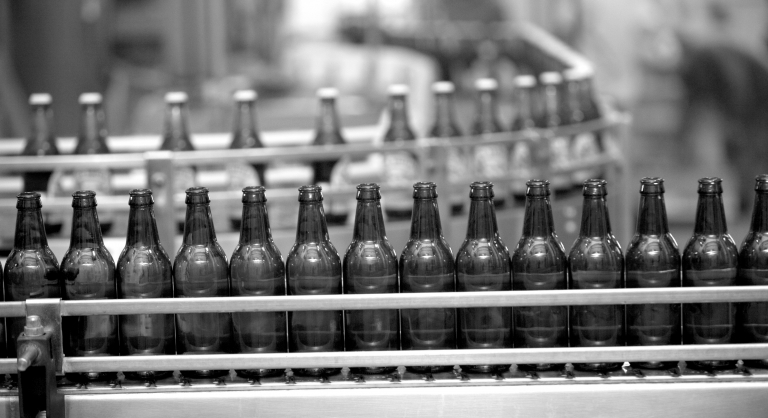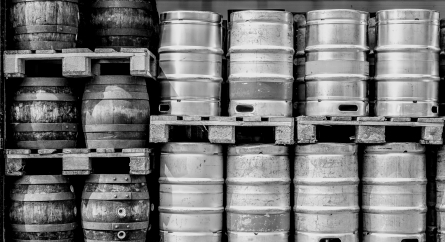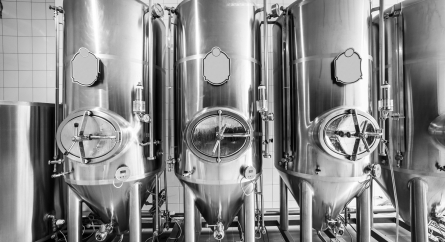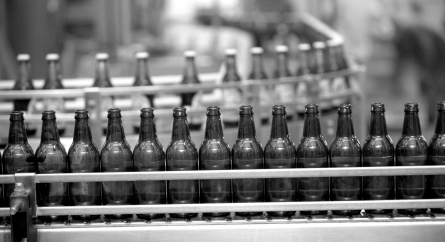New Beer Franchise Bill Would Let Small Brewers Walk Away More Easily
Over the past year, we have covered the legislature’s attempts to reform the Massachusetts beer franchise law, G. L. c. 138, § 25E, which dictates how and when a brewery may terminate a relationship with its wholesaler or distributor. Numerous prior versions have failed to gain any momentum. However, another bill was recently introduced that includes elements of past failed proposals and appears to be a reasonable effort to bridge the gap. This version may finally offer a solution to what many see as a law that fails to address the reality of the wholesaler-brewery relationship.
As it’s currently written, G. L. c. 138, § 25E prevents a brewery that has sold its beer to a distributor for a period of six months from refusing to continue to sell to that distributor without demonstrating good cause. However, Bill S.104 seeks to enable small brewers (defined as anyone who sells less than 6 million barrels worldwide, annually) to end that relationship without having to prove good cause. For instance, the relationship may simply be terminated pursuant to the parties’ contract if it contains a termination provision.
If the contract doesn’t offer a way out of the relationship, a small brewer may instead provide the wholesaler with written notice that it will refuse to supply it with beer, at which point it must also disclose who the new distributor will be. The successor distributor must then compensate the former distributor for the fair market value of the lost distribution rights. The amount of notice that the brewery must provide before ending the relationship and the amount of compensation to be paid to the former distributor varies, depending on the brewery’s size.
This effort to reform the franchise law appears to address some of the concerns the craft brewery industry had previously brought up, including raising the production limit in the definition of “small brewer” from 2 million to 6 million barrels. It’s still unclear whether the bill will have enough support in the legislature, but the fact that efforts to change this law haven’t stalled is itself cause for some optimism.
Categorized: Beer Laws
Tagged In: beer franchise law, distributors, small brewers








